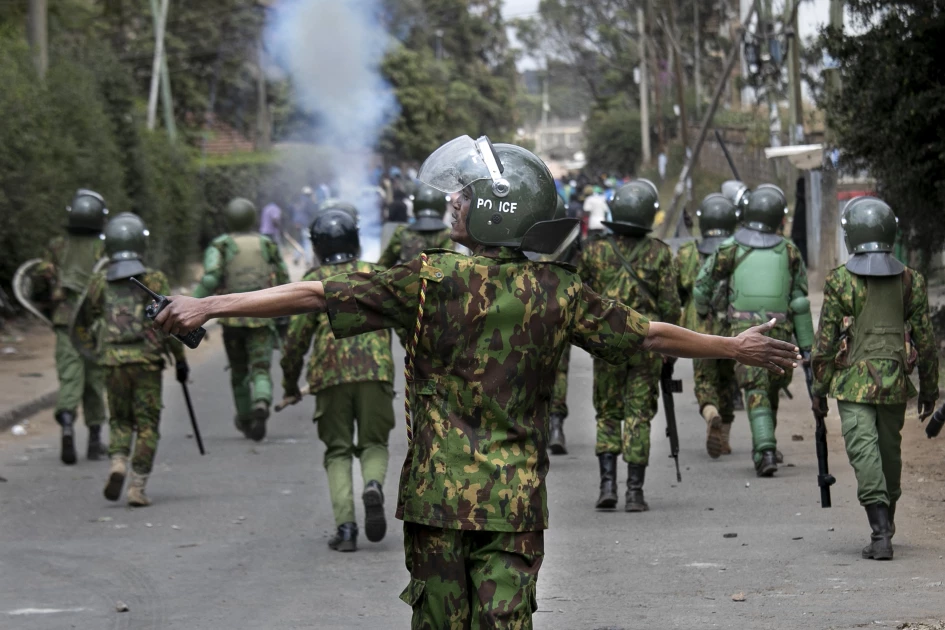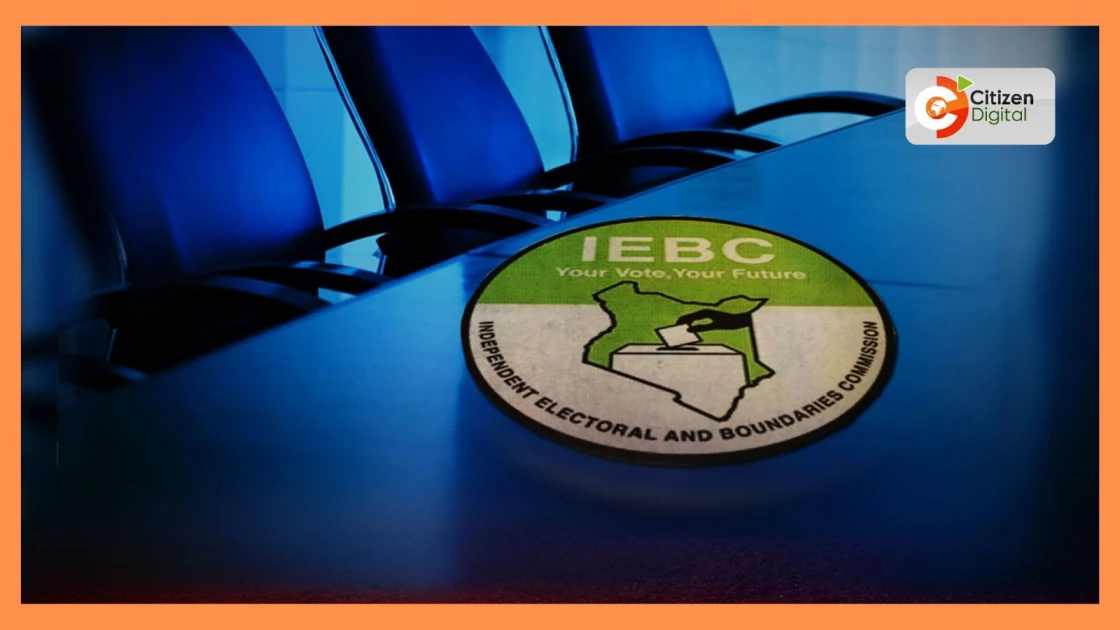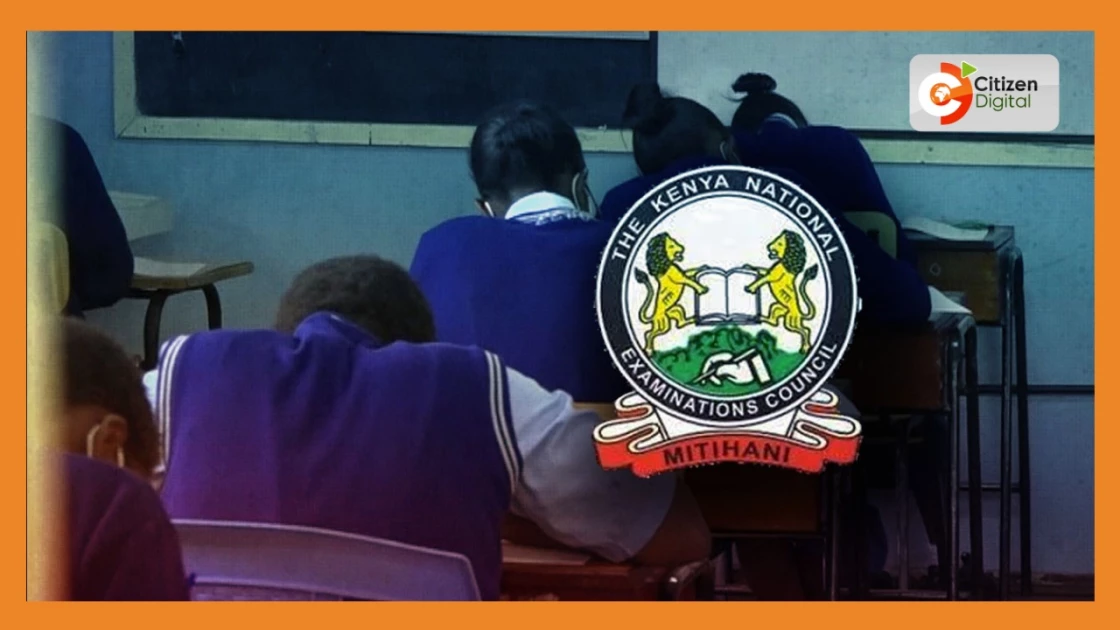Kenya’s National Commission on Human Rights reported a death toll of 39 in recent anti-government demonstrations, nearly double the official figure. This news comes as activists prepare for renewed protests despite the withdrawal of the contested tax hikes.
“Data from our records indicates that thirty-nine people have died and three hundred and sixty-one injured in relation to the protests countrywide,” the state-funded body said in a statement, adding that the figures covered the period from June 18 to July 1.
Initially peaceful protests led by young Gen-Z activists turned violent last Tuesday after lawmakers passed the unpopular tax bill. Crowds stormed the parliament building in Nairobi, causing partial damage, as police responded with live fire.
This eruption represents the most serious crisis faced by President Ruto since his inauguration in September 2022, following a divisive election. Kenya, previously seen as a regional beacon of stability, is now grappling with the aftermath of these deadly protests.
“The Commission continues to condemn in the strongest terms possible the unwarranted violence and force that was inflicted on protesters, medical personnel, lawyers, journalists and on safe spaces such as churches, medical emergency centres and ambulances,” the KNCHR said.
“We maintain that the force used against the protesters was excessive and disproportionate.”
The KNCHR also said it “strongly condemns the violent and shocking acts of lawlessness that was exhibited by some of the protesters” including the parliament and other government buildings.
The Kenyan authorities were taken by surprise after small rallies against the tax increases gathered momentum, with thousands of people taking to the streets.
Fresh protests have been called by activists starting from Tuesday despite Ruto announcing last week that he would not sign into law the bill containing the tax hikes.
Leaflets have been posted on social media with the hashtags “Occupy Everywhere”, “Ruto must go” and “Reject Budgeted Corruption”.
The president said in a television interview Sunday that 19 people had died in the protests, but insisted he did not have “blood on my hands” and pledged an investigation into the deaths.
Kenya’s cash-strapped government had said previously that the tax increases were necessary to service the massive public debt of some 10 trillion shillings ($78 billion), equal to roughly 70 percent of GDP.
The International Monetary Fund (IMF) has urged the country to implement fiscal reforms in order to access crucial funding from the Washington-based lender.
Ruto had already rolled back some tax measures after the protests began, prompting the treasury to warn of a gaping budget shortfall of 200 billion shillings ($1.6 billion).
In Sunday’s interview, he had warned that the government would have to borrow heavily following the decision to scrap the finance bill.


